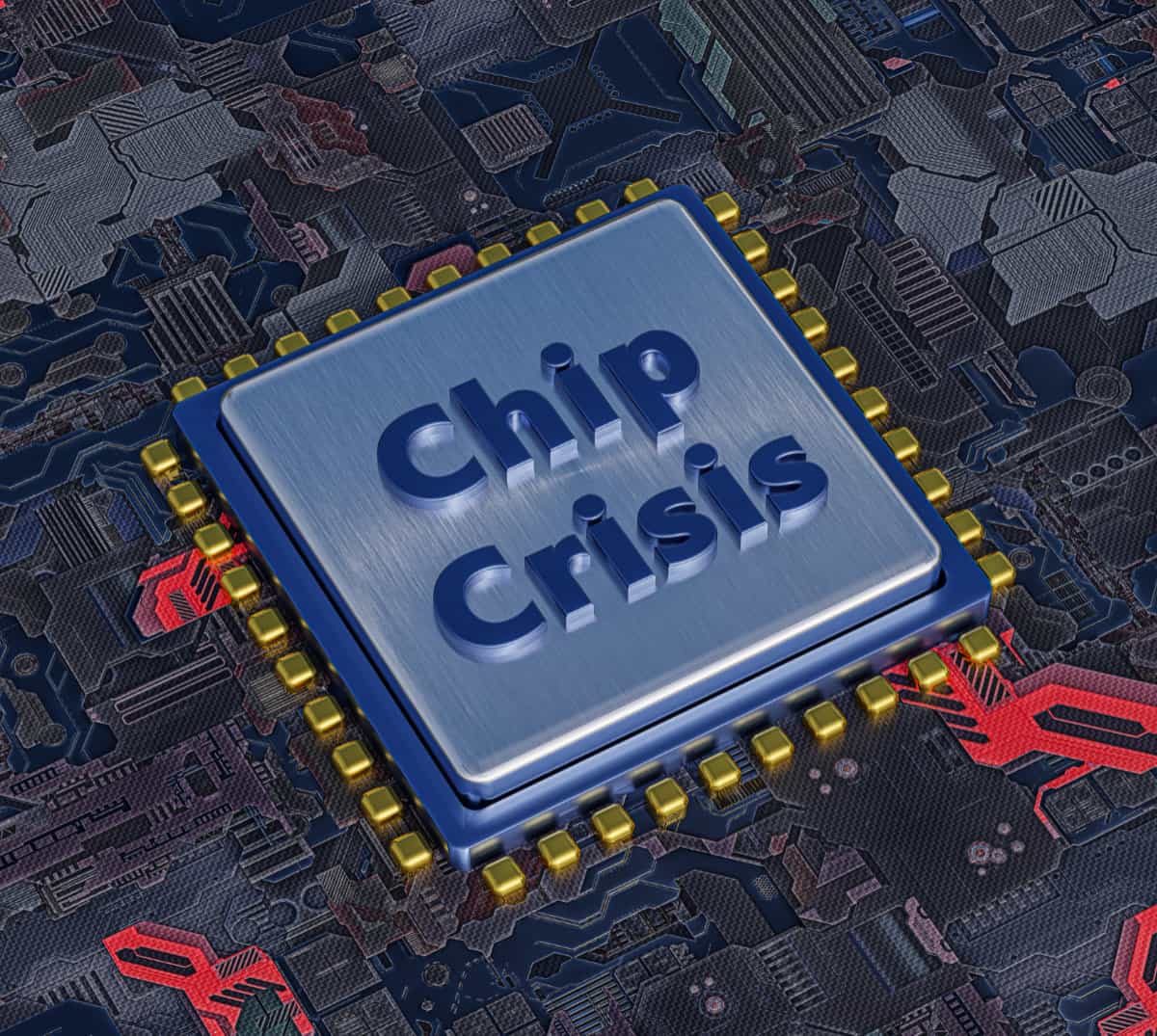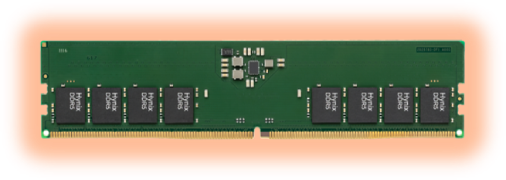Should you still be worried about the memory chip shortage?

The global chip shortage continues to make headlines even in its second year. Since the COVID-19 pandemic destabilized the market in 2020, the electronics industry has been plagued by supply chain disruptions and shortages. Whether the end products are for consumer goods or healthcare devices, every industry designing with semiconductors has felt the impact.
The Global Semiconductor Alliance calculated in 2020 that the average semiconductor chip travels 25k miles across 70 international borders to go from raw materials and IP to the heart of consumer electronics. Unsurprisingly, this vastness makes the supply chain vulnerable to the slightest global and local disruption. According to a survey conducted by the US Department of Commerce among 150 American companies in the semiconductor chip industry, the median in-house inventory levels of chips decreased from 40 days (2019) to just five days (2021), further exposing the companies to supply chain risks. When just one component on the bill of materials (BOM) is out of stock, the entire production is halted. For example, Applied Materials noted while their tools require thousands of parts, only ten components were holding up manufacturing.
Different for everyone
The undersupply increased overall component prices with record global semiconductor sales of $556B last year, a 26% increase compared to the year before, according to the Semiconductor Industry Association. Chip fabs bumped their maximum capacity from around 80% - which leaves time for plant maintenance and upgrades - to an average level of 90% to 95% for over a year now to catch up on demand. The question remains: Is the end of the global chip shortage in sight? Or should the question be: When is the end in sight for my company?
With today’s world in flux, the turnaround and recovery are neither a straight line nor uniform. National and international investment initiatives in the semiconductor industry, like the CHIPS+ Act, won’t have a near-term impact on the chip supply. The car manufacturers drew the shortest straw at the beginning of the pandemic and are still in that boat today. For consumer electronics, a complex set of parameters, including economic uncertainty, inflation, post-pandemic return to the office, and component price decreases, have made accurate market predictions almost impossible. In June, Intel announced a hiring freeze in the department tasked with desktop and laptop IC production as they expect sales to decline in that market.
In its latest tech report, Bain & Company compared the current state of the global chip shortage with the Whac-A-Mole game. As one specific chip component catches up with demand, the affected OEMs will be able to (finally) manufacture complete products. That will spur the consumption of all other chip components in the product, causing a scarcity for those chips to emerge. The shortage is already easing for some industries and companies, while other markets will probably stay knee-deep in unfulfilled orders until 2024. Geopolitical tensions, natural disasters, and more black swan disruptions can further cause uneven recovery.
Keeping your head cool
More than one expert has been comparing the recent semiconductor market with the oil market in terms of its increasing sensitivity to geopolitical relationships and its strategic importance to a country’s economy. The semiconductor ecosystem is a complex, global network, making it complicated to forecast shifts.
How can OEMs weather the ongoing global chip shortage and the myriad of unpredictable disruptions? The first step is to continuously and proactively assess supply chain risks to highlight the weakest and most critical points in the chain. To build supply chain resilience, manufacturers should invest in closer supplier relationships, multi-sourcing of key components, and supply chain transparency.
SMARTsemi is your supply chain partner for DRAM components, eMMC solutions, and SD/microSD Flash Memory Cards for long-life applications. With 20+ years of industry experience, we understand your challenges and have aligned our priorities with yours to simplify your memory chip supply chain for the long run. We know what you need before you need it. Get a jump start and request a sample today.







